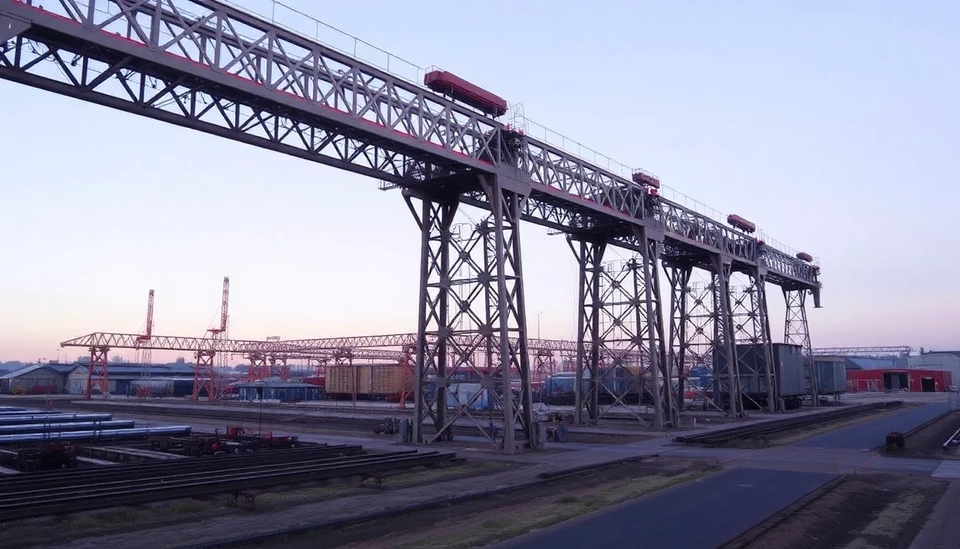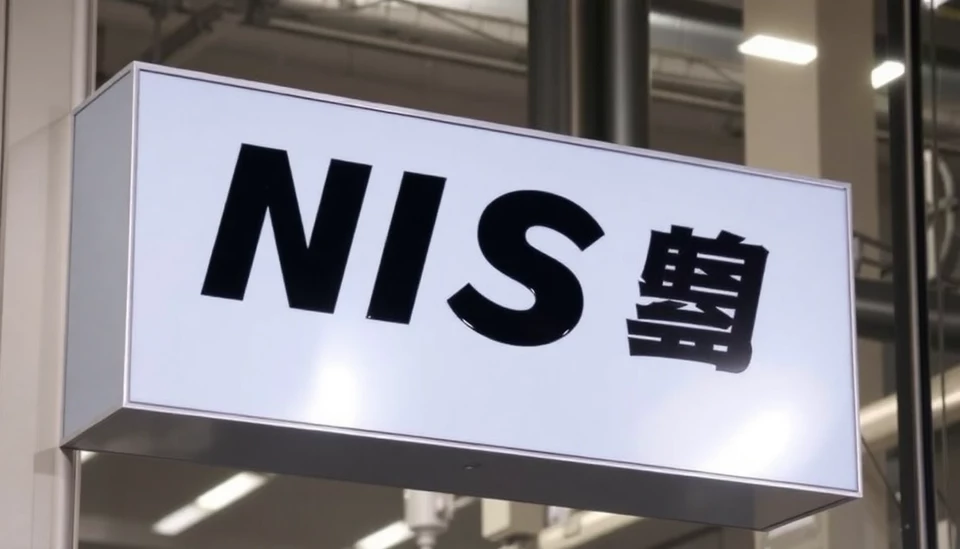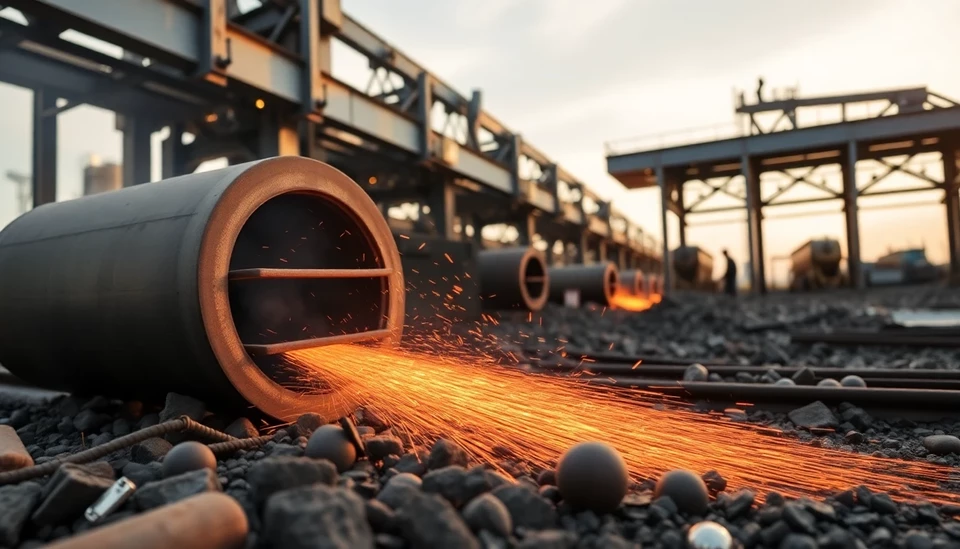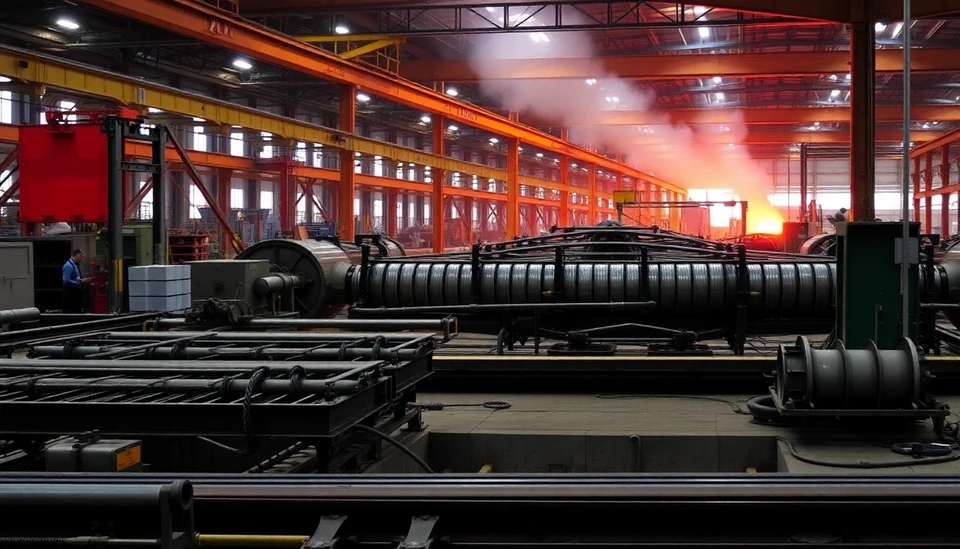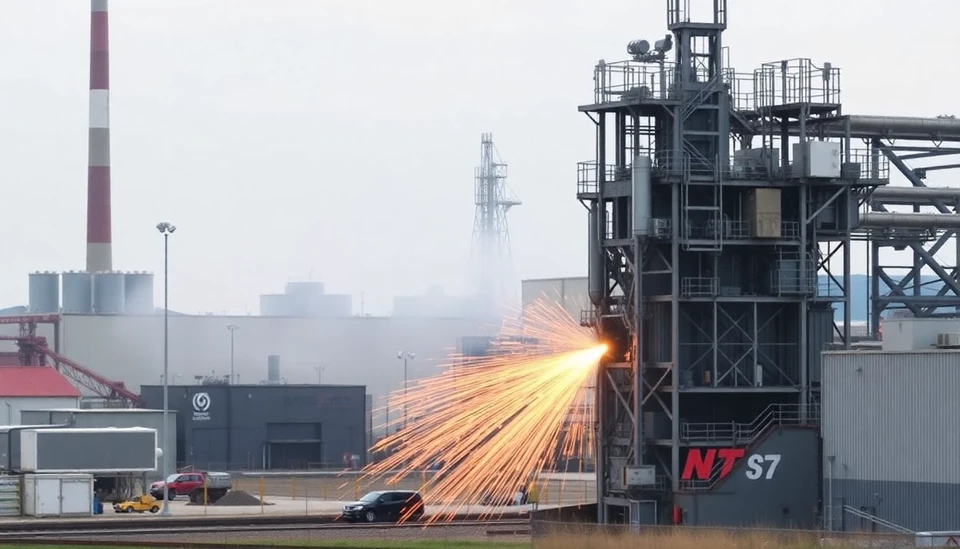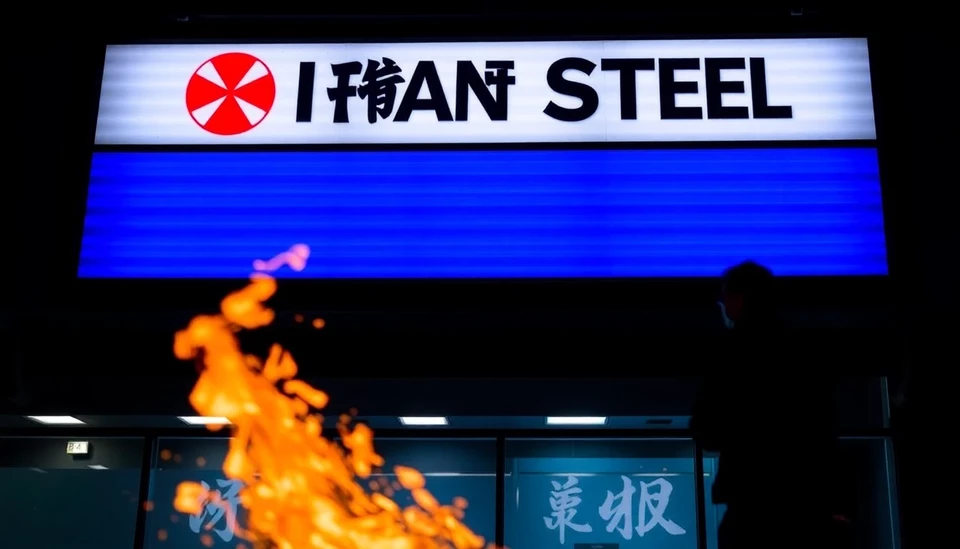
In a surprising turn of events, shares of Nippon Steel Corp. experienced a significant downturn after former President Donald Trump made remarks suggesting that the Japanese steel giant may consider investing in the U.S. steel market. This statement sparked speculation about Nippon Steel's future plans and the implications they could have on both U.S. and global steel industries.
The former president, known for his strong stance on domestic manufacturing, hinted at the possibility of foreign companies like Nippon Steel committing capital to American steel facilities. This comment came amidst ongoing discussions about revitalizing American manufacturing and positioning the U.S. as a leader in steel production, especially as it faces competition from international players.
Market analysts reacted swiftly to Trump's statements, leading to a drop in Nippon Steel's stock value. Investors appeared uncertain about the future trajectory of the company, weighing the potential for increased competition in the U.S. market against the longstanding dominance Nippon Steel has maintained in the global steel sector. The remarks were viewed as a double-edged sword, potentially opening new markets for Nippon Steel while also increasing operational challenges due to heightened regulatory scrutiny and potential tariffs.
The impact on Nippon Steel was immediate. Within a few hours following Trump's remarks, shares plummeted, reflecting a market grappling with the complexities of international trade and investment. Additionally, stakeholders are now urging Nippon Steel to clarify its strategic priorities and respond to the evolving landscape shaped by foreign investment considerations.
Amidst this backdrop, industry experts have started analyzing what a U.S. investment by Nippon Steel could mean for the company and the broader market. Would it signify a shift in strategy towards a more localized production model or perhaps a move to mitigate risks associated with global supply chain disruptions? The answers remain uncertain, but the discourse surrounding Trump's comments is sure to evolve.
As Nippon Steel navigates its options, the unfolding scenario draws attention to the burgeoning relationship between foreign steel producers and the American manufacturing framework. The prospect of foreign investment in U.S. steel could usher in a new era of competitiveness but at the cost of existing operational paradigms.
In conclusion, the future for Nippon Steel is clouded with both opportunities and challenges. As the landscape shifts due to external pressures and evolving market dynamics, the company’s ability to adapt will be crucial in maintaining its position in the steel industry.
#NipponSteel #DonaldTrump #USSteel #Manufacturing #Investment #MarketTrends #GlobalEconomy #StockMarket #SteelIndustry
Author: John Harris
